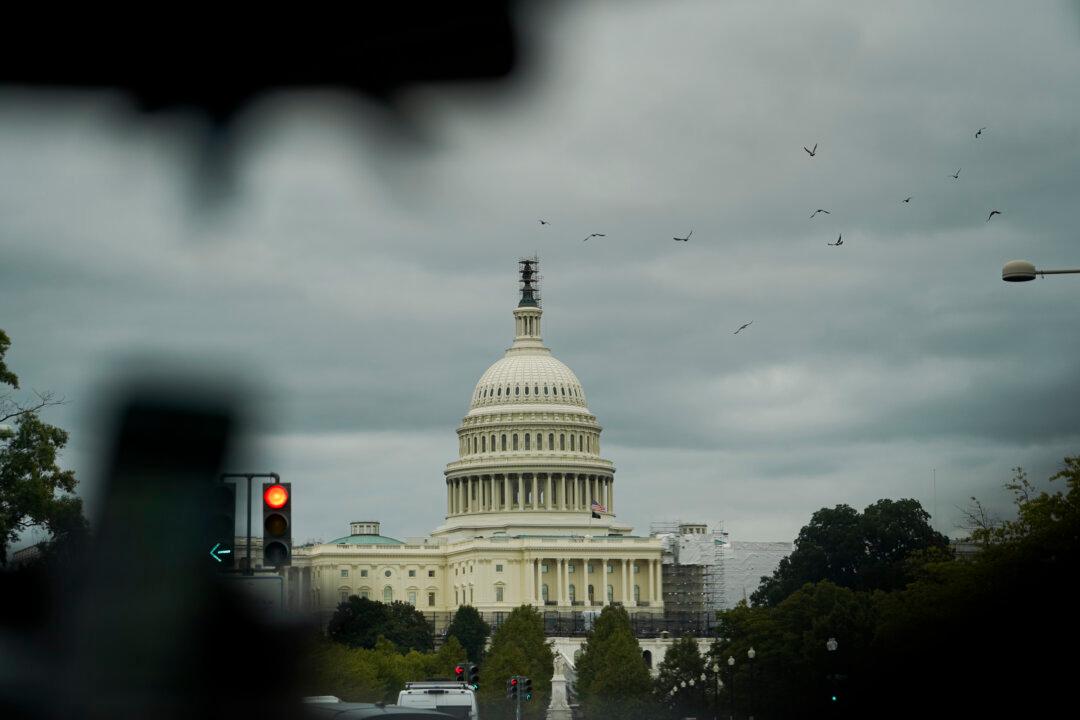Commentary
The Senate has reached an agreement to pillage you for countless billions ($6 billion to Ukraine!) in exchange for which the government stays open. If all goes well, the House will reject this highway robbery and cause a government shutdown.





